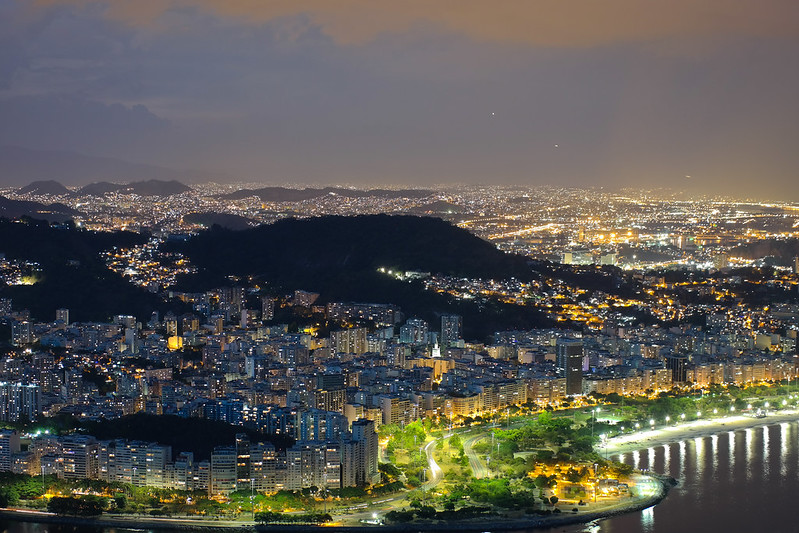How Social Gastronomy is Helping Reduce Global Poverty
 “Food should not only taste good but also do good for society.” With this motto, Gastromotiva has been helping people in conditions of vulnerability and social exclusion through something as simple as food. Since its foundation in 2006 by chef David Hertz, the Brazilian organization has impacted more than 100,000 people globally through education and social gastronomy initiatives.
“Food should not only taste good but also do good for society.” With this motto, Gastromotiva has been helping people in conditions of vulnerability and social exclusion through something as simple as food. Since its foundation in 2006 by chef David Hertz, the Brazilian organization has impacted more than 100,000 people globally through education and social gastronomy initiatives.
How Gastromotiva is Helping Those in Need
According to an April 2018 report published by the World Bank, 50 percent of the Brazilian population between ages 19 and 25 is vulnerable to poverty. In this scenario, Gastromotiva uses the power of education, food and gastronomy as a social change agent. The organization acts on three main areas: education, social gastronomy and food waste reduction.
The first project created by Gastromotiva was vocational kitchen training, culinary classes offered for young low-income people at no charge. During the four-month intensive program, students learn not only technical skills but also concepts such as eco-gastronomy, food waste cooking and personal development. After graduating, they are presented with a variety of employment options at Gastromotiva partner restaurants. This way, students become multipliers and empower others by disseminating their knowledge about social gastronomy in their own communities. So far, 4,000 people have graduated.
In addition to the culinary classes, Gastromotiva also offers food entrepreneur classes and acts on the social gastronomy movement, a human-centered solution to generate opportunity, dignity and inclusion through food. The movement involves establishing partnerships with other organizations, gastronomic businesses, chefs and companies all over the world.
“Social gastronomy goes beyond one chef, one meal, one Michelin star,” explains David Hertz in a TED Talk. “When we are all connected we can feel love and respect and with food, we can transform millions of lives.”
Current Endeavors in Social Gastronomy
Most recently, Gastromotiva launched Reffetorio Gastromotiva, a restaurant school in Rio de Janeiro created by chefs Massimo Bottura, David Hertz and the journalist Ale Forbes, to fight food waste, malnutrition and social exclusion. At Reffetorio, chefs host workshops and gastronomy classes and also prepare 450 three-course meals for homeless people every night with food that would otherwise be wasted.
“We give these people not only quality food but also a moment of peace and dignity when they feel like human beings,” said Gastromotiva’s CEO Nicola Gryczka in an interview with The Borgen Project. Gastromotiva collaborates to achieve, until 2030, various Sustainable Development Goals defined by the United Nations, including no poverty, zero hunger, good health and well-being, quality education, decent work and economic growth, reduced inequalities and partnerships for the goals.
Looking Toward the Future
Besides Brazil, Gastromotiva is currently present in three other countries: Mexico (Mexico City), South Africa (Cape Town) and El Salvador (San Salvador). This year, the management team plans to expand the project to Colombia, Argentina and Turkey, where it will implement a program focused on refugees in partnership with World Food Programme.
Gryczka says that the organization is constantly looking for partners in different countries that can help spread the message of social gastronomy and minimize different global problems.
“Because it’s something that impacts all our lives, food is the easiest way to help people find solutions for social issues, such as hunger, poverty, malnutrition and unemployment,” she points out. This is what Gastromotiva means by “food should do good for society.”
– Júlia Ledur
Photo: Flickr
